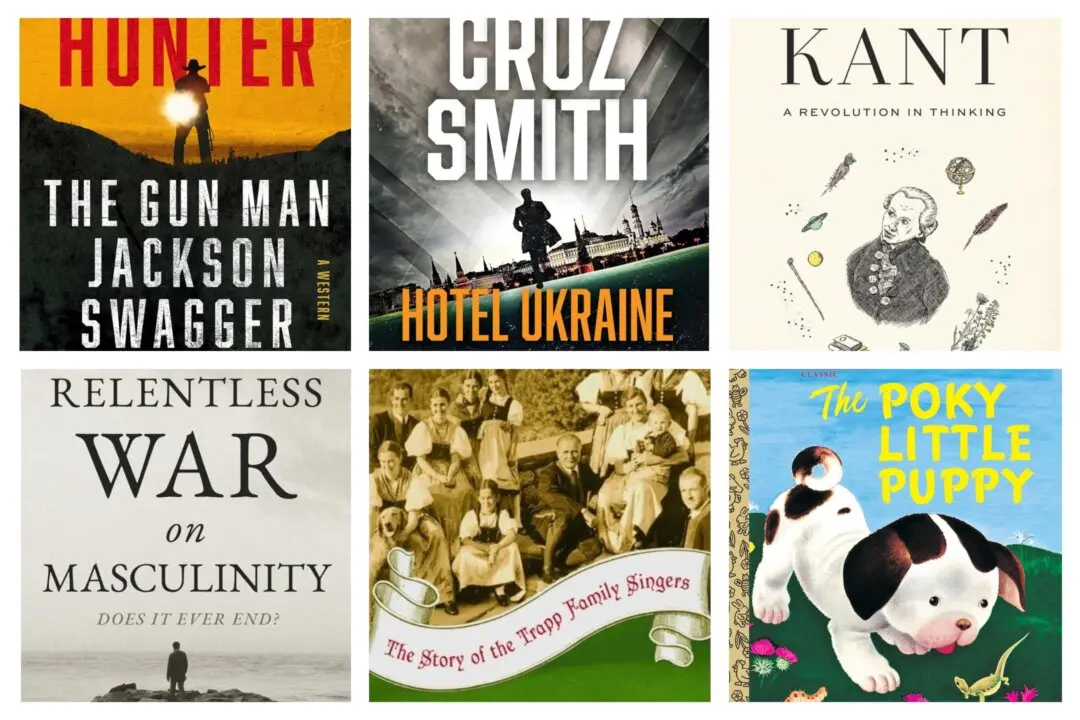This summer will look and feel different for many families who just wrapped up “distance learning” and are now facing a summer of canceled plans. I spoke to Amy Elizabeth Olrick and Jeffrey Olrick, the authors of “The 6 Needs of Every Child: Empowering Parents and Kids Through the Science of Connection,” about their advice for parents during this different-looking summer. Here’s what they said.
The Epoch Times: With a calendar of canceled plans before them, what can parents do this year to ensure a mentally and emotionally healthy summer for their kids?






